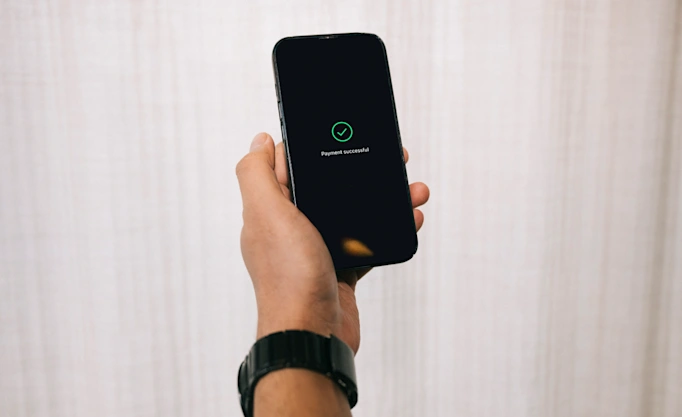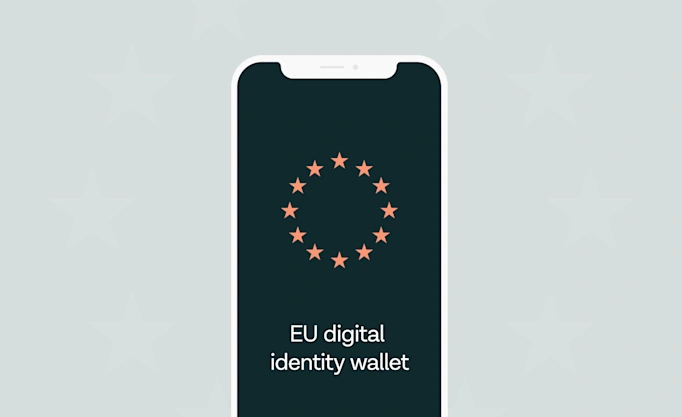The European Commission’s Instant Payments proposal – the Tink take

The European Commission published its proposal on Instant Payments on 26 October. This new legislative proposal ensures that instant payments become ubiquitous in the payments ecosystem – clearing the way for widespread adoption of open banking payments across all B2C use cases.
The European Commission has published its proposal on Instant Payments.
This clears the way for widespread adoption of Pay by Bank for ecommerce and allows merchants to benefit from instant funds settlement – a significant upgrade on most other payment methods.
The timelines for implementation are perhaps longer than necessary and at Tink, we are hoping for more rapid adoption.
So what are the key points of the European Commission’s proposal and what does it mean for the payments ecosystem?
Here’s what it means
All account servicing payment service providers (‘ASPSPs’ or simply #banks) that can send and receive credit transfers must offer an ‘instant’ alternative (PIs and EMIs are excluded due to their limited access to payment systems).
Receiving instant payments needs to be implemented within six months of the regulation being adopted, sending within 12 months (where the latter is required for instant retail payments).
Charges can’t be higher than for non-instant credit transfers (i.e. free where SCT or domestic transfers are free as well, which applies in almost all situations).
Banks have to help prevent payments going missing, by alerting the user to any discrepancies between beneficiary IBAN and beneficiary name before completing initiation (unless users have opted out of this service).
Sender and receiver banks shall do sanction checks at least daily, but not as part of an instant payment itself.
The Tink take
For open banking payments, the mandatory adoption of instant payments allows us to give merchants instant confirmation and verification that the transaction has been executed and settled – clearing the way to wider adoption of ‘Pay by Bank’ for ecommerce.
Merchants benefit from instant funds settlement – a significant upgrade on most other payment methods.
The timelines for implementation are perhaps longer than necessary. Most banks can already receive and send instant payments through TIPS and RT1 interbank infrastructure – so we are hoping for more rapid adoption.
We like the requirement for banks to monitor customers – not transactions – against sanction lists, helping to keep the payments ecosystem safe.
In principle, forcing use of confirmation of payee (‘CoP’) attaching the name and IBAN of the payee against a central directory, could help address financial crime – but uncontrolled adoption of CoP could create unwanted friction for users across channels. Alternatively, the use of transaction risk indicators could help banks meet their CoP obligations without impacting the user experience.
More in Open banking

2025-06-09
11 min read
The case for “Pay by Bank” as a global term
Thomas Gmelch argues that "Pay by Bank" should be adopted as a standard term for open banking-powered account-to-account payments to reduce confusion, build trust, and boost adoption across the industry.
Read more

2025-06-02
3 min read
Tink joins Visa A2A – what it means for Pay by Bank and VRP
Visa A2A brings an enhanced framework to Pay by Bank and variable recurring payments (VRP) in the UK, and Tink is excited to be one of the first members of this new solution.
Read more

2024-11-19
12 min read
From authentication to authorisation: Navigating the changes with eIDAS 2.0
Discover how the eIDAS 2.0 regulation is set to transform digital identity and payment processes across the EU, promising seamless authentication, enhanced security, and a future where forgotten passwords and cumbersome paperwork are a thing of the past.
Read more
Get started with Tink
Contact our team to learn more about what we can help you build – or create an account to get started right away.
